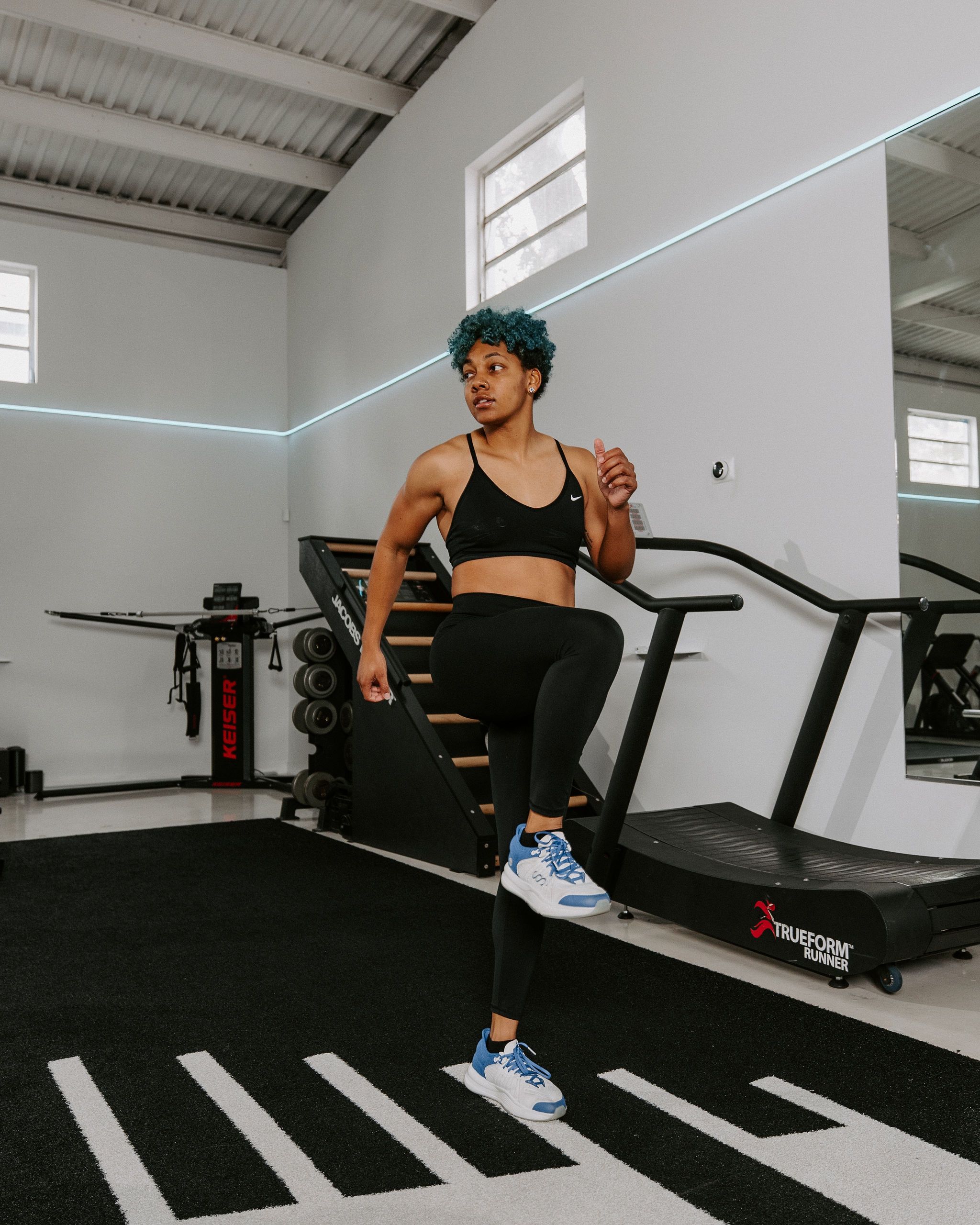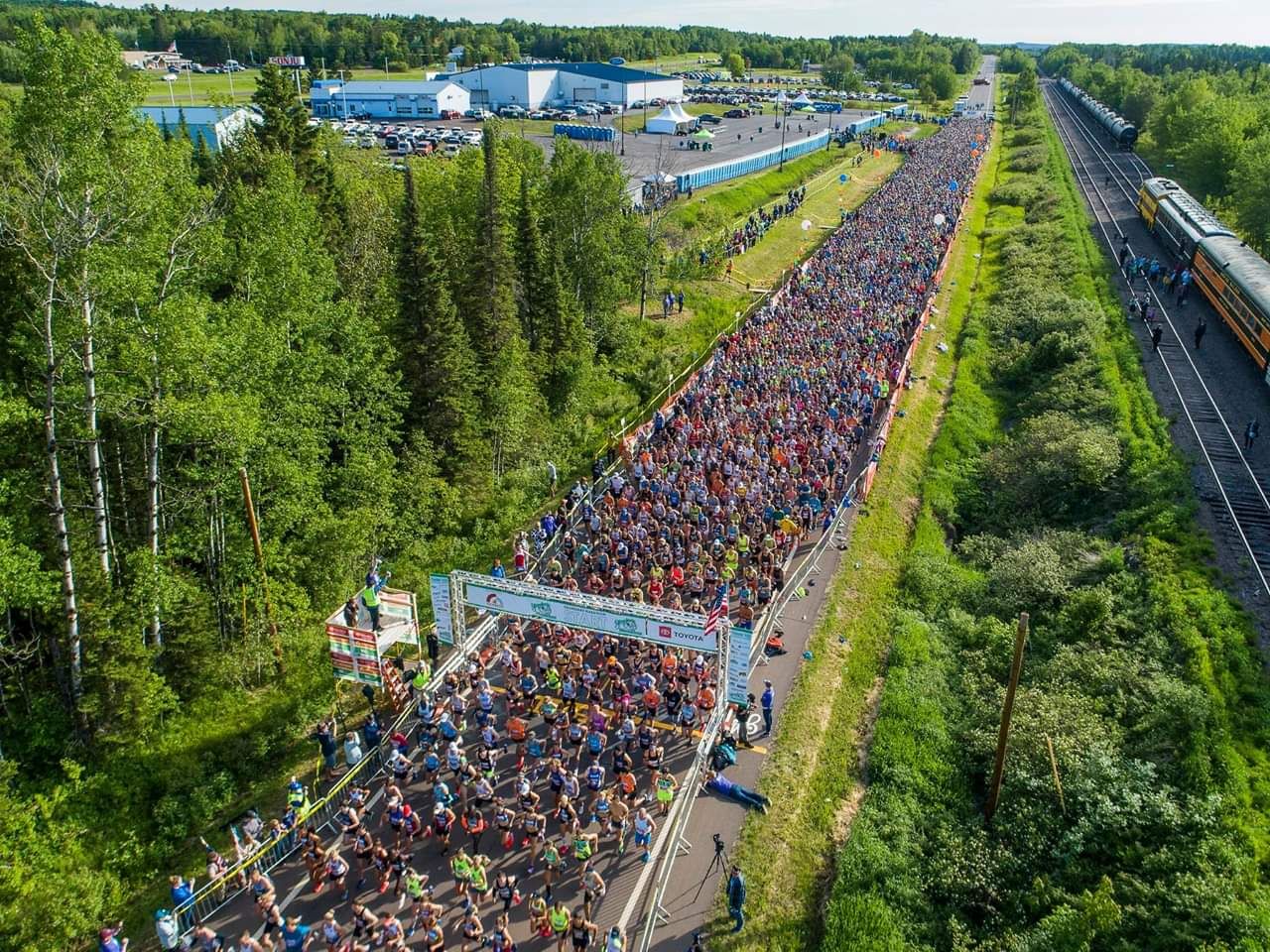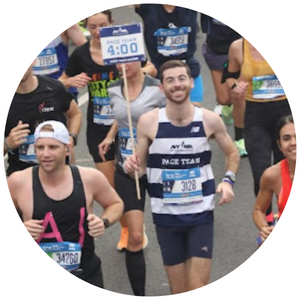Embrace the Cool: Gearing Up for Fall Running with Your Run Coach
The sweltering heat of summer is finally starting to fade here in Tampa, and as the humidity lifts, a familiar excitement fills the air: it’s almost prime running season! Fall offers some of the most glorious conditions for hitting the pavement, and if you have a fall race on the horizon – perhaps a half marathon or even a marathon – now is the time to strategically adjust your training and preparation. As your run coach, I want to guide you through the key aspects of gearing up for successful fall running.
Fueling for the Fresher Feel:
While the need for aggressive hydration might slightly decrease with the cooler temperatures, proper fueling remains paramount. Don’t let the crisp air fool you – you’re still working hard!
- Continue to hydrate consistently: Don’t wait until you feel thirsty. Carry water on longer runs and focus on electrolyte balance, especially if you tend to sweat more.
- Adjust your pre-run and post-run nutrition: As your training intensity or mileage potentially increases, ensure you’re fueling adequately before your runs for sustained energy and recovering effectively afterwards with a combination of carbohydrates and protein.
- Listen to your body: Colder weather can sometimes impact appetite. Pay attention to your hunger cues and adjust your intake accordingly to support your training demands. We can discuss your specific fueling needs as part of your customized plan.
Equipping Yourself for the Elements:
Even in Florida, the shift towards fall brings changes that require adjustments to your running wardrobe and gear:
- Layering is key: Mornings and evenings can be significantly cooler than midday. Opt for breathable layers that you can easily add or remove as needed. Think lightweight long sleeves, vests, and even gloves or a hat for those particularly crisp mornings.
- Consider visibility: As daylight hours shorten, especially for those early morning or evening runs, ensure you are visible to traffic. Wear reflective gear and consider a headlamp or running lights.
- Check your footwear: Ensure your running shoes are still in good condition. If you’ve been logging serious miles throughout the summer, it might be time for a fresh pair to prevent injuries.
Training Smart as Temperatures Drop:
The cooler weather can be a fantastic motivator and allow for more intense or longer workouts. However, it’s crucial to transition your training strategically:
- Gradual increases in mileage and intensity: Don’t jump into high mileage or demanding workouts too quickly. Allow your body to adapt to the increased workload. Your customized plan will incorporate these increases safely and effectively.
- Listen to your body and adjust: Even with ideal running conditions, fatigue and potential niggles can arise. Don’t hesitate to adjust your training schedule if you’re feeling overly tired or experiencing pain. Open communication with your run coach is vital.
- Incorporate strength training and cross-training: Maintaining a well-rounded fitness routine will help prevent injuries and improve your overall running performance, especially as you build towards a half marathon or marathon.
Fall running offers a wonderful opportunity to achieve your fitness goals. By paying attention to your fueling, equipping yourself appropriately, and training smartly with a well-structured plan, you can make the most of this fantastic season. Let’s work together to ensure you’re feeling strong and confident as you embrace the cooler temperatures and crush your running goals!
Ready to get training? Start here!












